Decongestant Blood Pressure Calculator
Blood Pressure Calculator
Estimate how nasal decongestants may affect your blood pressure
Safety Guidance
What your results mean
Results will appear here after calculation
Your estimated blood pressure increase is within safe limits.
Every year, millions of people reach for nasal decongestants when their sinuses get clogged. But if you’re taking medication for high blood pressure, that little bottle of Sudafed could be hiding a serious risk. You might not realize it, but over-the-counter decongestants like pseudoephedrine and phenylephrine don’t just shrink swollen nasal passages-they also tighten blood vessels all over your body. That’s the last thing your heart needs if you’re already managing hypertension.
How Decongestants Raise Blood Pressure
Nasal decongestants work by stimulating alpha-adrenergic receptors. This causes blood vessels in your nose to narrow, reducing swelling and letting you breathe easier. Sounds good, right? But that same mechanism affects blood vessels everywhere else. Your heart has to pump harder. Your arteries get stiffer. Blood pressure spikes.It’s not just a small bump. A 2005 meta-analysis in the Journal of Clinical Hypertension found that even a single dose of pseudoephedrine can raise systolic blood pressure by 2 to 5 mmHg on average. For someone with uncontrolled hypertension, that’s enough to push them into a dangerous zone. And it’s worse with higher doses or extended use. One documented case involved a 5-year-old child whose blood pressure climbed to 135/80 mmHg after just four days of phenylephrine use-normal levels returned only after stopping the medication.
These aren’t isolated cases. In 2024, researchers found that about 22% of emergency visits for uncontrolled high blood pressure in adults over 50 were linked to over-the-counter decongestants. That’s one in five people who didn’t realize their cold medicine was making their heart work too hard.
Which Decongestants Are Most Dangerous?
Not all decongestants are the same, but most carry the same warning for people with high blood pressure:- Pseudoephedrine (Sudafed, Claritin-D, Zyrtec-D): The most common and most studied. It’s behind the pharmacy counter in the U.S. for a reason.
- Phenylephrine (Sudafed PE, many multi-symptom cold remedies): Marketed as a safer alternative, but studies show it still raises blood pressure, especially with repeated use.
- Ephedrine (rare in OTC products now, but still found in some supplements): Stronger and more dangerous-linked to strokes and heart attacks.
- Oxymetazoline (Afrin nasal spray): People think topical means safe. It doesn’t. Even sprays can be absorbed into the bloodstream, especially with prolonged use.
These ingredients don’t just appear in cold medicines. They’re hidden in allergy pills, sinus relief tablets, and even some energy supplements. Always check the active ingredients-not just the product name.
How Decongestants Interact With Blood Pressure Drugs
If you’re on blood pressure medication, decongestants don’t just raise your numbers-they can mess with how your meds work.- Beta-blockers (like metoprolol): Decongestants can counteract their effect, making them less effective at lowering heart rate and pressure.
- Calcium channel blockers (like felodipine or nifedipine): The combination can cause unpredictable spikes in blood pressure.
- ACE inhibitors and ARBs: While less directly affected, decongestants still add stress to your cardiovascular system, reducing the overall benefit of these drugs.
- Tricyclic antidepressants and linezolid: These can cause dangerous, life-threatening spikes in blood pressure when mixed with decongestants.
The American Heart Association says this clearly: if you have high blood pressure, you shouldn’t take decongestants unless your doctor says it’s okay. And even then, it’s only for a few days.
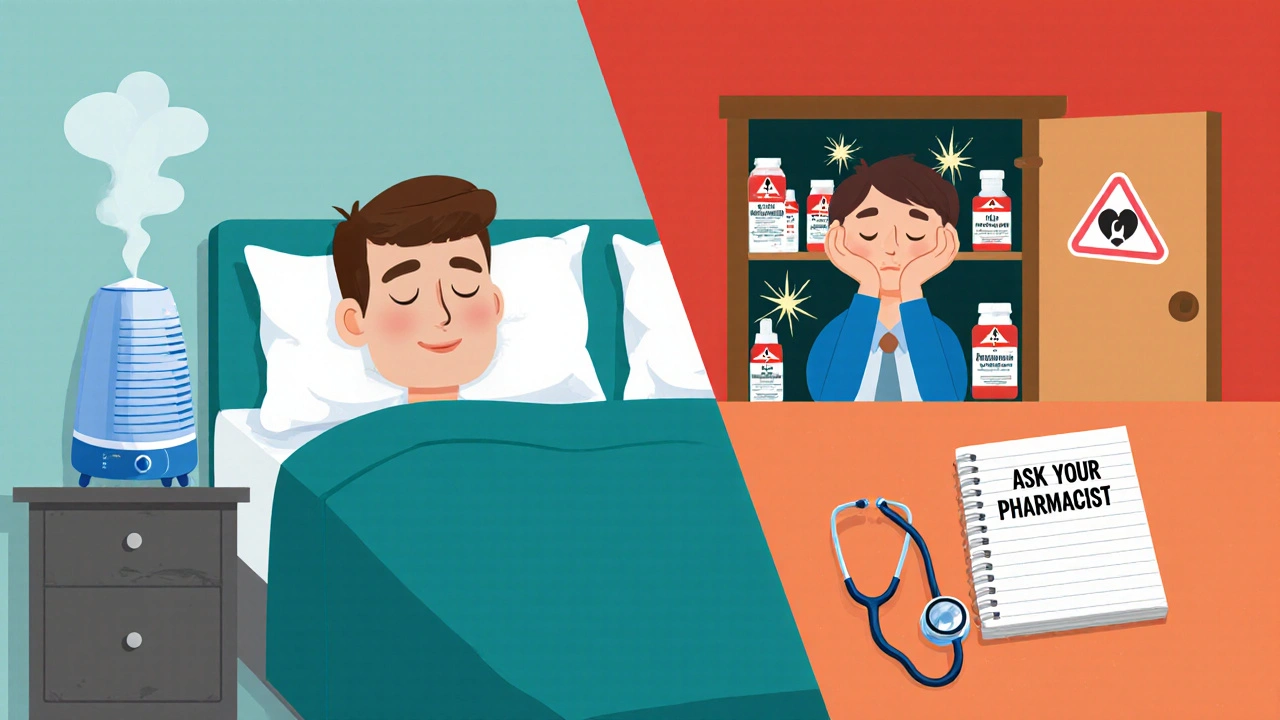
What to Do Instead: Safer Alternatives
You don’t have to suffer through congestion just because you have high blood pressure. There are safer ways to breathe easier:- Saline nasal spray: Plain saltwater sprays or rinses (like Neti pots) help flush out mucus without any drugs. No side effects. No blood pressure risk.
- Humidifiers or steam: A hot shower or bowl of steam opens up nasal passages naturally. Add a few drops of eucalyptus oil if you like-it’s soothing and safe.
- Antihistamines (like loratadine or cetirizine): These don’t raise blood pressure. They work on allergy-related congestion, not viral colds, but they’re great if your stuffiness is from allergies.
- Elevating your head while sleeping: Even a few extra pillows can reduce nighttime congestion.
- Hydration and rest: Drinking water and getting enough sleep helps your body clear the infection faster.
Dr. Salman Al-Kindi, a cardiologist at Houston Methodist Hospital, says, “For most people with heart conditions, home remedies are enough. You don’t need a pill to get through a cold.”
Reading Labels Like a Pro
One of the biggest mistakes people make? Assuming the product name tells the whole story.“Cold & Flu Relief” might contain pseudoephedrine. “Allergy & Sinus” might have phenylephrine. “Daytime Formula” often hides decongestants to keep you awake. Always look for these active ingredients:
- Pseudoephedrine
- Phenylephrine
- Ephedrine
- Oxymetazoline
Also watch out for high sodium content. Some cold medicines use salt as a filler. The American Heart Association warns that sodium can worsen hypertension, too. If the label says “contains sodium,” skip it.
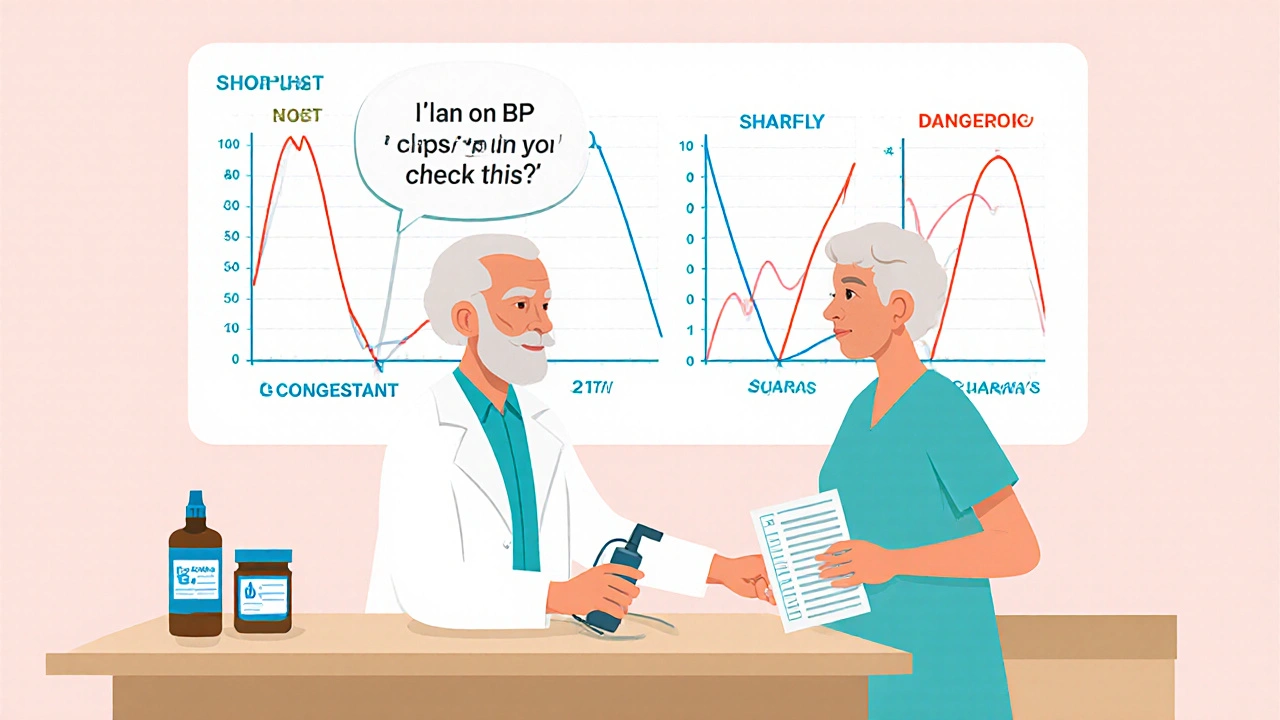
When You Absolutely Need a Decongestant
Sometimes, despite all precautions, congestion is so bad you need help. If your doctor approves a decongestant:- Use the lowest dose possible-never take more than directed.
- Use it for no more than 3 days. Longer use increases risk.
- Monitor your blood pressure twice a day while taking it. If it rises more than 10 mmHg from your usual baseline, stop immediately and call your doctor.
- Never combine it with other stimulants like caffeine pills, weight-loss drugs, or energy drinks.
And if you’re unsure? Talk to your pharmacist. In the U.S., pseudoephedrine is kept behind the counter for a reason. That’s your chance to say, “I’m on blood pressure meds-can you check this for me?”
Why Most People Don’t Know the Risk
It’s not your fault. The problem is hidden in plain sight.Only 38% of people with high blood pressure know that decongestants can be dangerous, according to a 2024 Cleveland Clinic survey. Meanwhile, the FDA requires all decongestant labels to say, “Ask a doctor before use if you have high blood pressure.” But most people skip that line. They see “cold medicine” and assume it’s safe.
Pharmacists are your best defense. Studies show pharmacist-led reviews reduce inappropriate decongestant use by 47%. Don’t just pick up your medicine-ask questions. Bring your full list of meds, including vitamins and supplements.
What’s Changing in 2025 and Beyond
The medical community is waking up to this issue. The American Heart Association updated its guidelines in 2023 to be even stricter about decongestant use. The American College of Cardiology plans to release new hypertension guidelines in 2026 with clearer warnings about OTC drugs.Some pharmaceutical companies are already working on alternatives. As of mid-2025, several are in Phase 2 trials for non-vasoconstrictive decongestants-drugs that open nasal passages without tightening blood vessels. These could be game-changers.
Until then, the safest choice is simple: avoid decongestants unless your doctor says yes. Your heart will thank you.
Can I use Afrin if I have high blood pressure?
No, not without talking to your doctor first. Even though Afrin is a nasal spray, the active ingredient-oxymetazoline-can be absorbed into your bloodstream and raise your blood pressure. It’s not safe for long-term use, even if you’re on blood pressure medication. Stick to saline sprays instead.
Is phenylephrine safer than pseudoephedrine?
No, it’s not. While phenylephrine was marketed as a safer replacement for pseudoephedrine, studies show it still raises blood pressure, especially with repeated doses. Both carry the same warnings for people with hypertension. Neither should be used without medical approval.
What cold medicine is safe with high blood pressure?
Look for products labeled “for high blood pressure” or “decongestant-free.” Plain antihistamines like loratadine (Claritin) or cetirizine (Zyrtec) are usually safe. Saline sprays, humidifiers, and rest are the safest options. Always check the active ingredients-even “natural” or “herbal” cold remedies can contain hidden stimulants.
Can decongestants cause a stroke?
Yes, in rare cases. Decongestants can cause sudden, severe spikes in blood pressure, which may lead to stroke or heart attack, especially in people with existing heart disease or uncontrolled hypertension. The risk is low with short-term use, but it’s real-and avoidable.
Should I stop my blood pressure meds if I need a decongestant?
Never stop or change your blood pressure medication without talking to your doctor. Stopping your meds can be just as dangerous as taking a decongestant. The goal is to avoid the decongestant altogether-or use it only under medical supervision while continuing your regular treatment.
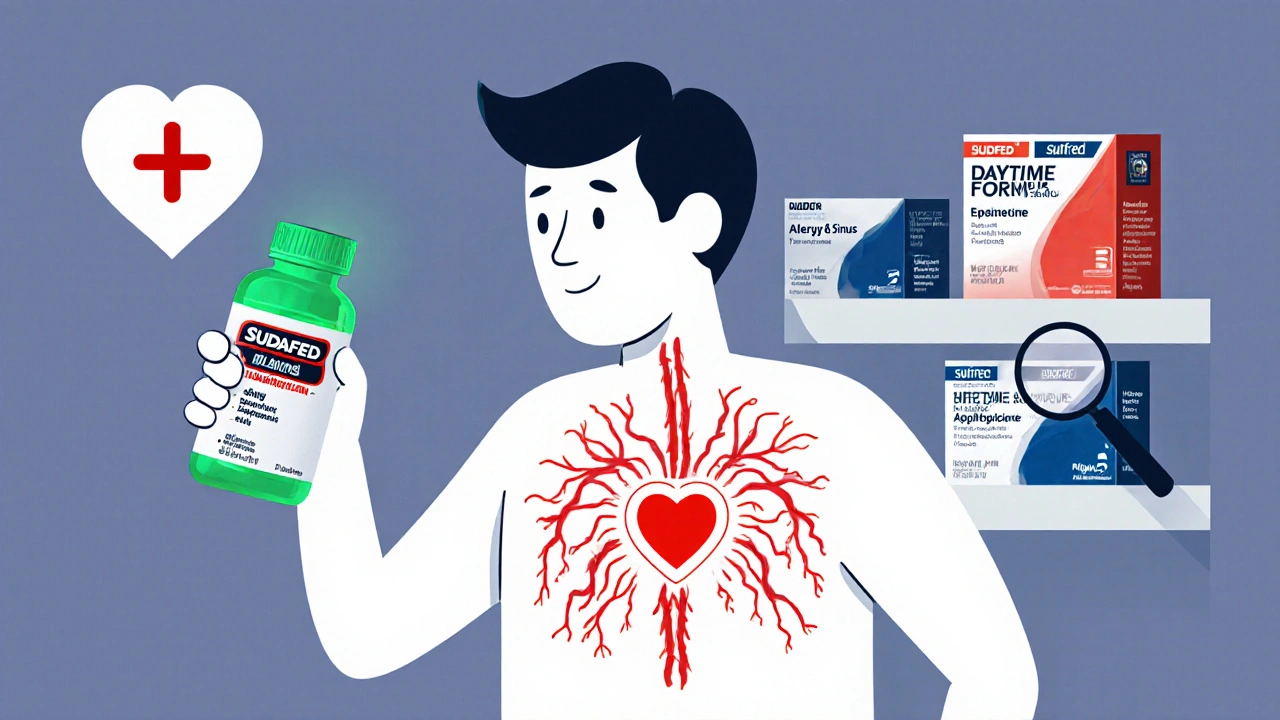
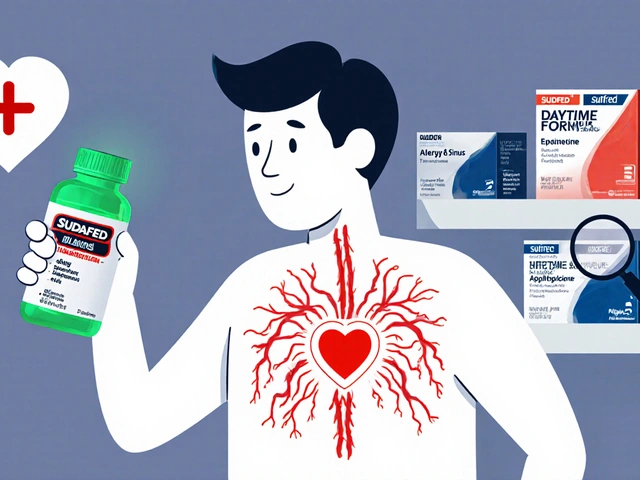
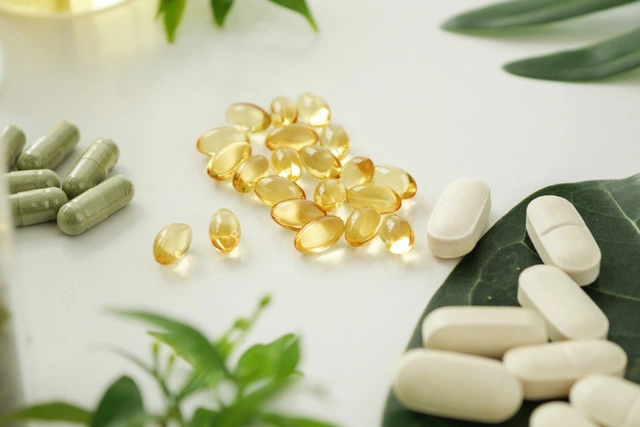
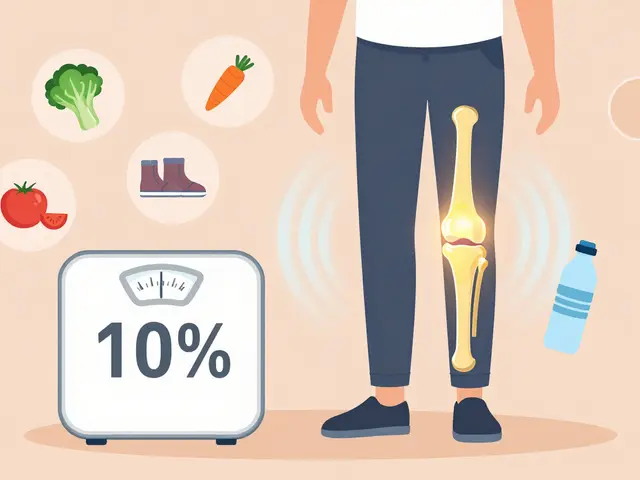
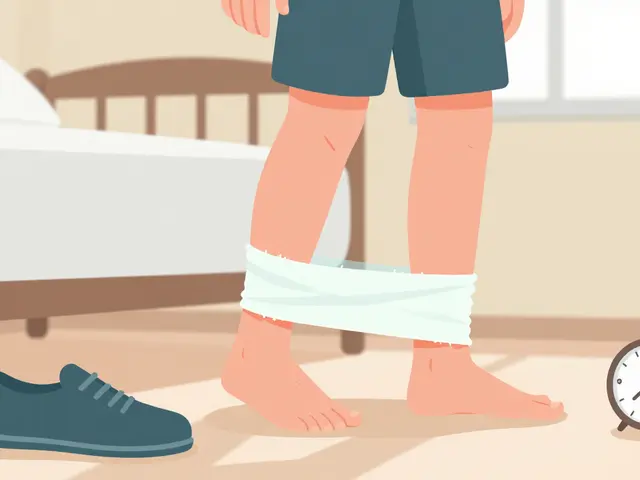
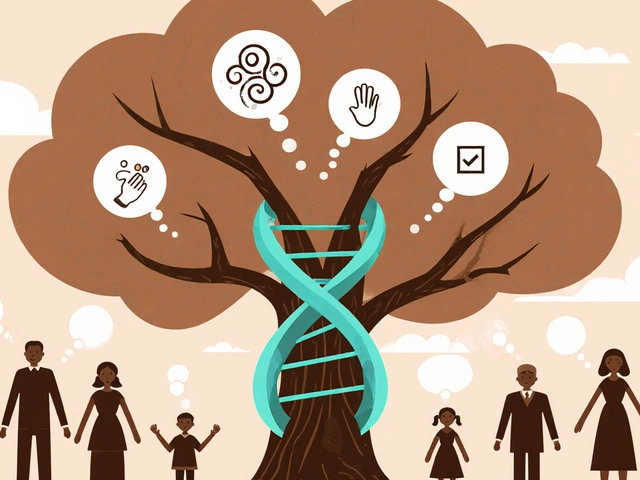

Kevin Stone October 28, 2025
Look, I get it - you’re tired of sniffing like a broken vacuum. But if you’re on blood pressure meds and you still reach for Sudafed like it’s candy, you’re not just being lazy, you’re playing Russian roulette with your heart. I’ve seen guys in the ER because they thought ‘it’s just a cold’ - turns out it was a hypertensive crisis. Stop being dumb. Read the label. Or better yet, don’t take anything at all. Saline spray works. It’s free. It’s safe. You’re not special enough to need chemicals.
Natalie Eippert October 28, 2025
Why do they even sell this crap over the counter? It’s not medicine it’s a trap. Big Pharma knows people won’t go to the doctor so they put poison in bottles labeled ‘relief’ and slap a tiny warning no one reads. And don’t even get me started on phenylephrine - they switched from pseudoephedrine because it was too effective and now we get a placebo that still kills. This isn’t healthcare it’s corporate negligence wrapped in a Band-Aid.
luna dream October 29, 2025
Have you ever wondered why the FDA lets this slide? It’s not about safety - it’s about control. The same people who profit off your hypertension are the ones who own the drug companies. They want you dependent. They want you buying ‘safe’ alternatives that cost $12 a bottle. Meanwhile, the real solution - hydration, steam, sleep - is free and unpatentable. That’s why they bury it under 12 pages of fine print. You’re not sick. You’re being manipulated. The system is rigged. And they’re laughing while you choke on your own mucus.
Christy Tomerlin October 30, 2025
Ugh I hate when people panic over decongestants. I’ve taken Sudafed for years with my meds and my BP’s fine. Maybe your doctor’s just bad. Or maybe you’re one of those people who thinks every little thing is a death sentence. Chill. Read the damn label. If it says ‘ask your doctor’ then ask. But don’t turn a cold into a crisis because you’re scared of a word on a bottle.
Cecil Mays October 30, 2025
Y’all are overthinking this 😊 Seriously - if you’ve got high BP, just skip the decongestants. Try a humidifier + hot shower + extra pillows. It’s free, natural, and your heart will high-five you 🙌 I used to be the guy who grabbed Sudafed first - now I’m the guy who’s breathing easy without a pill. Small changes, big wins. You got this 💪
Sarah Schmidt October 31, 2025
It’s fascinating how we’ve turned a basic physiological response - nasal congestion - into a pharmaceutical emergency. We live in a culture that equates discomfort with disease, and relief with a chemical fix. The body is not broken because you can’t breathe through your nose for a week. It’s adapting. It’s healing. But we’ve been conditioned to believe that every symptom must be erased, no matter the cost. The real danger isn’t pseudoephedrine - it’s the belief that we need to be constantly optimized, that rest is weakness, that nature is insufficient. Your body knows how to heal. You just have to stop interfering with it. And maybe stop buying into the myth that more medicine equals better health.
Karen Werling November 1, 2025
My grandma used to say ‘if you can’t breathe, just breathe slower.’ Weirdly it worked. I started doing the saline rinse every night before bed - no meds, no stress. And honestly? My sinuses feel better than they have in years. Also, drinking warm water with lemon before bed helped more than any pill. I used to think it was just ‘old wives’ tales’ but now I’m like… maybe wisdom isn’t outdated after all 🌿
STEVEN SHELLEY November 3, 2025
THIS IS A GOVERNMENT COVERUP. THEY KNOW DECONGESTANTS CAUSE STROKES BUT THEY LET THEM SELL THEM BECAUSE THEY WANT YOU TO DIE SO THEY CAN BILL YOUR FAMILY FOR THE HOSPITAL BILL. I SAW A MAN ON TV WHO DIED AFTER TAKING AFIRIN AND THE FDA SAID IT WAS ‘RARE’ - BUT HOW MANY ‘RARE’ CASES DOES IT TAKE BEFORE YOU CALL IT A PATTERN? THEY’RE LYING. THEY’RE ALL LYING. AND THE PHARMACIST? THEY’RE IN ON IT TOO. I USED TO TRUST THEM - NOW I JUST BUY SALINE ONLINE FROM CANADA. THEY DON’T LIE THERE. I’M NOT CRAZY. I’M AWARE.